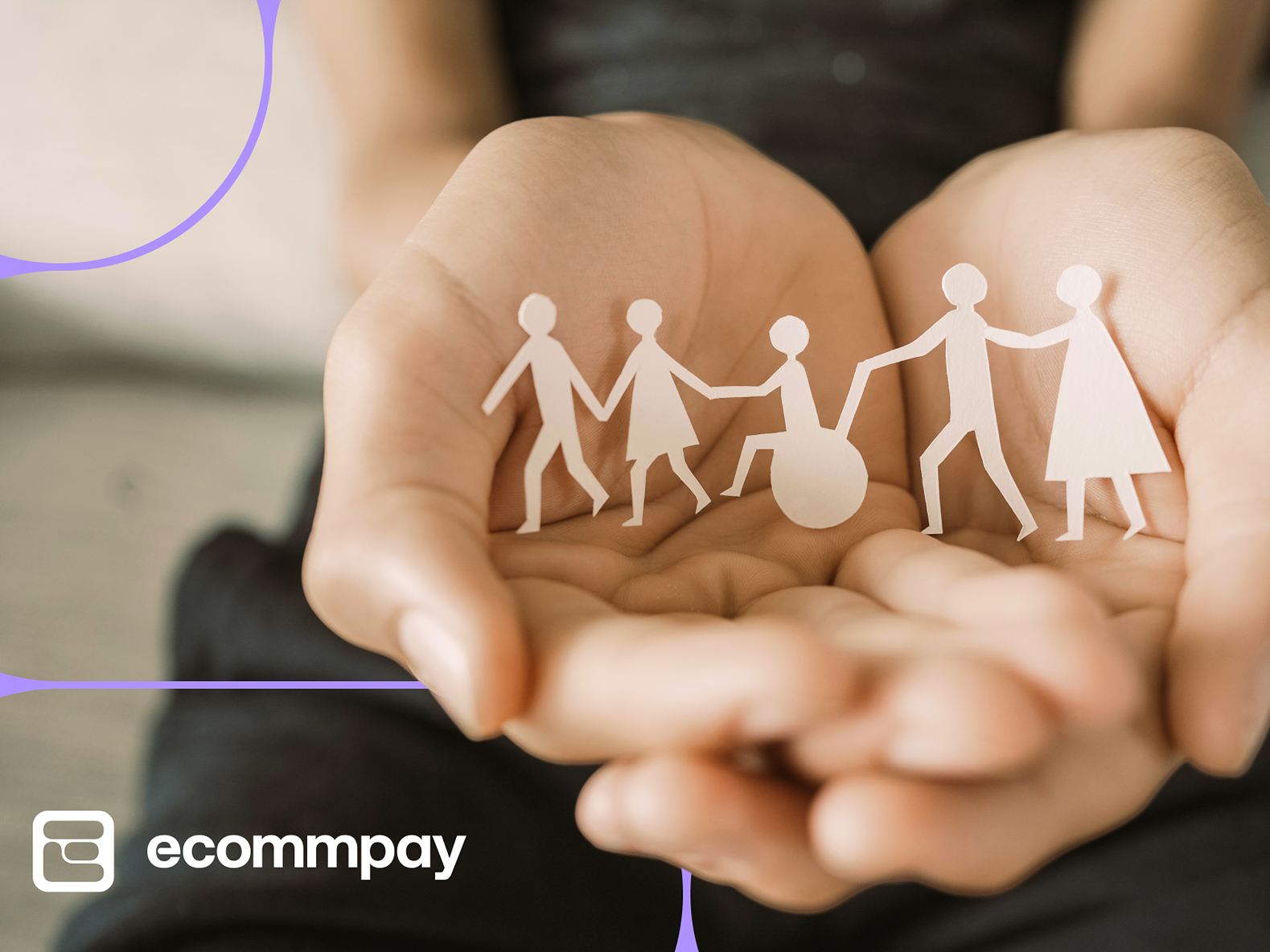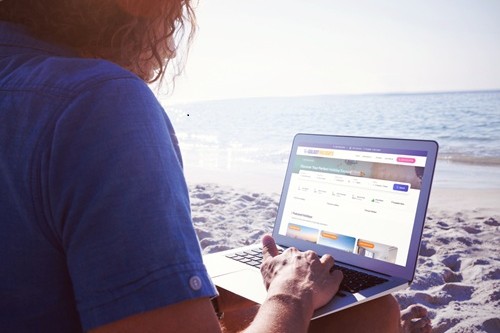Building inclusive workspaces: neurodiversity workshop takeaways

On Tuesday, we hosted a neurodiversity inclusion workshop, aimed at helping colleagues and merchants create a more inclusive and supportive workplace for neurodiverse employees.
We kicked the session off with a panel discussion, 'Navigating neurodiversity', with two incredible voices - Kris Foster and Ecommpay's Dylan Connor Fernandez. Their conversation was a refreshing reminder that neurodiverse people are so much more than just a diagnosis. It was about real stories, real strengths, and how we can all do better to create spaces where everyone feels seen and heard.
Seeing the person, not just the label
Neurodiverse people bring some pretty great strengths to the table. Dylan described overthinking, often seen as a challenge, as actually a superpower that helps catch details others might miss. And then there’s hyperfocus, which means when some people are passionate about something, they’re all in. These aren’t just business assets, they’re traits that deserve celebration.
If they won’t invite you, build your own table
Representation matters - and Kris really hit home how rare it is to see neurodiverse leaders, especially in industries like FinTech. As the only person with Down syndrome working in that space, he said something powerful: “If they’re not going to invite you to the table, then build your own".
That’s exactly what he’s doing with Project Nemo, pushing for more diversity of thought in leadership. Our speakers compared a business to a football team - you wouldn’t want a whole team full of strikers, right? You need defenders, midfielders, a goalie, all kinds of skills and perspectives to win the game. The same goes for workplaces and communities.
How to be a true ally
Being an ally isn’t about knowing all the answers. Kris and Dylan reminded us that there’s no such thing as “normal.” The best way to support neurodiverse people? Be kind, ask questions, and really listen.
And maybe most importantly, pass the mic. Don’t speak for neurodiverse people or over them. Let them share their own stories. Having two autistic speakers leading the conversation was a hopeful reminder that more authentic voices are needed, and wanted, in these spaces.
Words of encouragement from Kris & Dylan
For anyone who’s neurodiverse, their advice is simple and powerful: be proud of what you bring to the table. Find your community, or build one if you need to. Speak up about your needs and experiences because that’s how we change perceptions.
They also talked about how the media often gets autism wrong - think “Rain Man” stereotypes, and how it’s not always easy to be yourself authentically. But embracing who you are, they said, leads to peace and strength.
Everyone’s different - and that’s okay
Is it okay to treat all neurodiverse people the same? Kris and Dylan said the answer is: not exactly. It’s about being fair and giving everyone the chance to show who they truly are.
Kris shared a great quote: “We’re going to get this wrong, but together we can get it right.” It’s a reminder that collaboration and inclusion are journeys we take as a team, with room for mistakes and lots of learning.
Final thoughts: be kind, keep an open mind, and pass the mic
Dylan closed with a simple ask: Be kind and keep an open mind. Kris added a call to action for all of us - to keep passing the mic and making space for more neurodiverse voices in every conversation.
What’s it really like to be neurodivergent?
For Kris and Dylan, neurodivergence isn’t just a label - it’s who they’ve always been. And they’re proud of that. Their stories remind us all to celebrate the full person, the unique perspective, and the incredible strengths neurodiverse people bring to our communities.
This wasn’t just a panel, it was a movement toward understanding, kindness, and real inclusion. We hope it sparks conversations in your workplace, your community, and your life.
Continuing the conversation: training for real impact
After the panel, the conversation didn’t stop - it went even deeper. We were lucky to be joined by Cressida Stephenson, CEO of EdenChase Associates Ltd, who led a fantastic training session on neurodiversity in the workplace.
Cressida built on everything Kris and Dylan had shared, offering practical advice on how to create environments where neurodiverse people can thrive. She gave us tools we can actually use, challenged us to think differently, and reminded us that inclusion is something we do, not just something we say.
If you’re curious to learn more, we’ve written about why neurodiversity training matters, and how it can spark real, lasting change.
And if you’re ready to take some first steps, we’ve also put together an Accessibility Pack full of simple, practical ways to make your events and workplaces more inclusive from the start.
